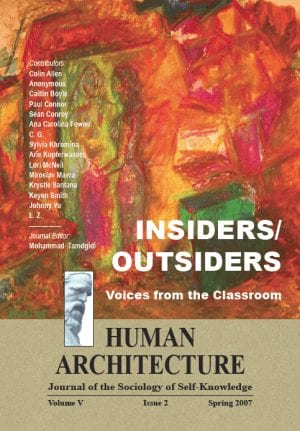Journal Article — Deporting Diaspora’s Future? Forced Transnationalism and Generational Conflicts in the Haitian Community of Montreal — by Heike Drotbohm
$15.00
In recent years, and particularly since 9/11/2001, more and more delinquent Haitian youth have been deported from Canada back to Haiti. In this article the author analyzes the generation-specific reactions and statements within the migrant community.
Description
Abstract
In recent years, and particularly since 9/11/2001, more and more delinquent Haitian youth have been deported from Canada back to Haiti. In this article the author analyzes the generation-specific reactions and statements within the migrant community. Elder migrants perceive of the deportation as a threat to their home country and as an assault upon their personal migration projects. For the younger generation, in contrast, the issue is rather one of negotiating one’s role within the migrant community and of coming to terms with their own life prospects in Canada. Both kinds of reactions become comprehensible if set in relation to one another. Furthermore, this article suggests examining present-day state regulative practices such as deportations not only in relation to the receiving states, but also in consideration of the consequences for the diaspora communities.
Recommended Citation
Drotbohm, Heike. 2009. “Deporting Diaspora’s Future? Forced Transnationalism and Generational Conflicts in the Haitian Community of Montreal.” Pp. 69-84 in Migrating Identities and Perspectives: Latin America and the Caribbean in Local and Global Contexts (Human Architecture: Journal of the Sociology of Self-Knowledge: Volume VII, Issue 4, 2009.) Belmont, MA: Okcir Press (an imprint of Ahead Publishing House).
The various editions of Migrating Identities and Perspectives: Latin America and the Caribbean in Local and Global Contexts can be ordered from the Okcir Store and are also available for ordering from all major online bookstores worldwide (such as Amazon, Barnes&Noble, and others).
Read the Above Publication Online
To read the above publication online, you need to be logged in as an OKCIR Library member with a valid access. In that case just click on the large PDF icon below to access the publication. Make sure you refresh your browser page after logging in.








